Wealthy countries already have agreements for 3.73bn doses, with another 5bn under negotiation, study finds.

Governments in predominantly wealthy countries are negotiating to buy nearly 8.8bn doses of prospective Covid-19 vaccines in a “frenzy of deals” that could mean many poor countries would not get access to immunization until at least 2024, a report says.
None of the 320-plus potential vaccines in development have been approved for use, but countries have already struck advance purchasing agreements for 3.73bn doses of the most promising candidates, with negotiations underway for another 5bn dose, the study by Duke University’s global health innovation center calculated.
However, manufacturers will only be able to produce so much of the successful candidates, with researchers estimating it could take three to four years to supply enough vaccine to immunize the global population. That means many wealthy countries may be able to vaccinate their entire populations several times over before most people in low-income countries are immunized, the report said.
“Countries are acting in their own interests, which makes senses,” said Andrea Taylor, an assistant director at the Duke center. “The problem it leads to is a pattern of behavior globally where we are limited in the number of doses we can produce in the first year or two … And so many are getting taken off the market and snatched up and reserved for high-income countries, leaving potentially very little for low- and middle-income countries.”
The World Health Organization has overseen the creation of a scheme called Covax in which signatory countries can access an equal share of successful vaccine candidates – first for healthcare and security workers and eventually for a minimum of 20% of their populations.
But many wealthy countries had invested in the Covax facility and struck their own deals directly with pharmaceutical companies, Taylor said, cutting down on the pool of doses that would be equitably distributed. “They’re giving with one hand and taking with the other,” Taylor said.
Ethiopia, for example, will receive enough doses of successful vaccines to cover 20% of its population under Covax but has not struck any other side deals, meaning most of its citizens could go unvaccinated for years after British residents have been immunized.
Another issue facing poorer countries is that some lack cold-chain supply infrastructure and so will be unable to access vaccine candidates that require storage in freezing temperatures, or others that need to be stored in high heat.
The first hundreds of millions of doses of a Johnson & Johnson candidate that can be stored for several months at normal fridge temperatures – easing its rollout in poorer countries – have already been purchased in large numbers by the US, UK, EU, and Canada, the report said.
The study confirmed that Covax has purchased enough vaccine so far to immunize about 250 million people – well short of the 1.14 billion people it has pledged to cover.
Australia, which has agreed to purchase more than 80m doses of prospective vaccines, is one of the few wealthy countries so far to pledge to share its supply, in this case with smaller neighboring countries, such as Vanuatu and Fiji.
Taylor said the report was intended as a warning and that the situation could be alleviated if manufacturing capacity improved significantly or wealthy countries agreed to make their excess supplies available through the Covax facility.
Public health experts have said the pandemic could be needlessly prolonged by “vaccine nationalism”, with countries hoarding their supplies or placing export controls on critical equipment or ingredients.
- سيعجبك أيضاً



Recent Comments